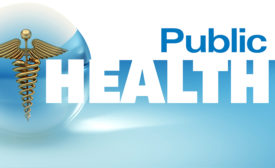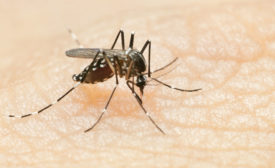For the first time in history-
Workplace Health
Zika infections increasing rapidly in Puerto Rico
Widespread Zika infections warrant urgent action to protect pregnant women
August 2, 2016
Never miss the latest news and trends driving the safety industry
eNewsletter | Website | eMagazine
JOIN TODAYCopyright ©2024. All Rights Reserved BNP Media.
Design, CMS, Hosting & Web Development :: ePublishing








